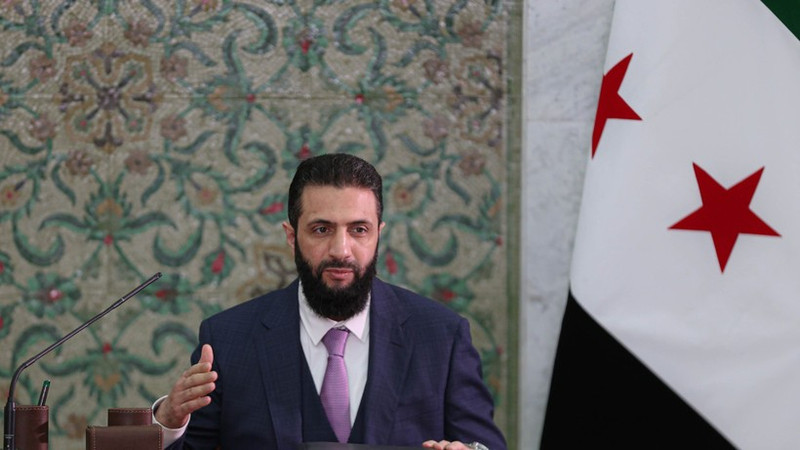The resolution was passed with 14 out of 15 votes in favour, with China abstaining. The decision removes President al-Sharaa and Syria’s Interior Minister Anas Hasan Khattab from the UN terrorism list.
Though largely symbolic — since travel-related sanctions on the Syrian leader have often been temporarily suspended during official visits — the move now legitimises his forthcoming trip to the US.
Reacting to the decision, Syrian Foreign Minister Asaad al-Shaibani wrote on X: “Syria thanks the friendly nations for their support of our country and our people.”
According to the schedule, US President Donald Trump is set to welcome the Syrian leader to Washington on November 10. President Trump reportedly praised al-Sharaa for his positive progress in restoring peace, security, and stability in Syria.
Observers note that Washington’s influence played a decisive role in the council’s outcome, as sanctions decisions are normally made in closed sessions by the UN Sanctions Committee and require unanimous approval. In this case, the resolution was passed by majority vote in a full session.
Following the abstention, China’s UN Ambassador Fu Cong expressed Beijing’s continuing concerns about terrorism, particularly regarding foreign militant groups operating in Syria.
The easing of sanctions reflects the international community’s growing recognition of Syria’s recent achievements in stabilising security after 13 years of civil conflict. The interim government under President al-Sharaa has also been commended for its firm stance against narcotics trafficking — an issue that once earned Syria notoriety as a regional hub for illicit drug trade.
Earlier this month, the southern Syrian province of Daraa successfully busted a large-scale drug smuggling operation that was about to traverse through the Nasib border crossing, a strategic trade point between Syria and Jordan, located east of Daraa and southwest of the Druze region of Sweida. This route is vital to Syria for trade with the Gulf countries. Anti-drug units in the suburbs of Damascus also seized 323 bricks of cannabis and about 35,000 Captagon pills in an operation in the al-Zabadani area, near the border with Lebanon. In late October, the Syrian Interior Ministry and police also confiscated about 11 million Captagon pills transported from Lebanon to Homs Province, the largest administrative unit in central Syria.
The tireless efforts of the Syrian government have been recognised and appreciated by the international community. Germany’s Foreign Minister Johann Wadephul, during a recent meeting with President al-Sharaa, pledged continued support for Syria’s reconstruction efforts, stressing the need to uphold security and humanitarian values.
Syria also serves as an important bridge between the Gulf and the Mediterranean, thereby contributing to security and peace across a vast region. The German foreign minister affirmed that Berlin strongly supports Syria’s unity and territorial integrity and stands ready to assist Damascus in its long and challenging reconstruction process.
















